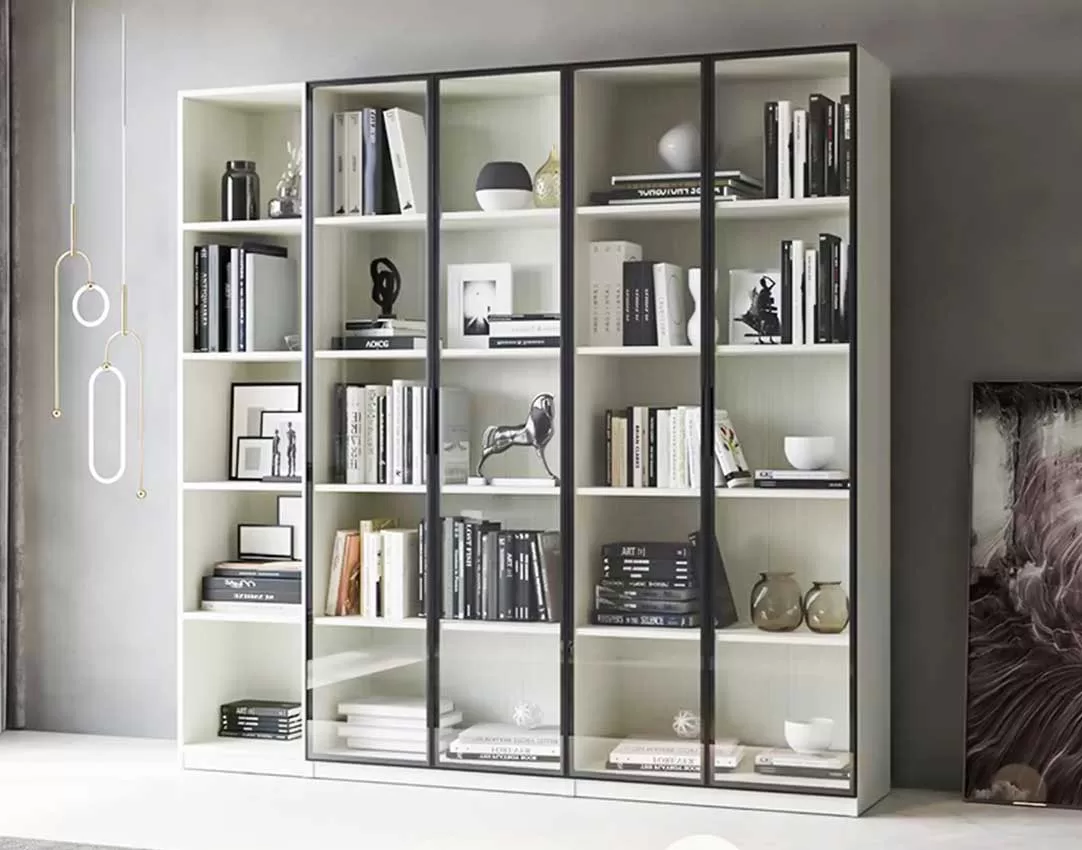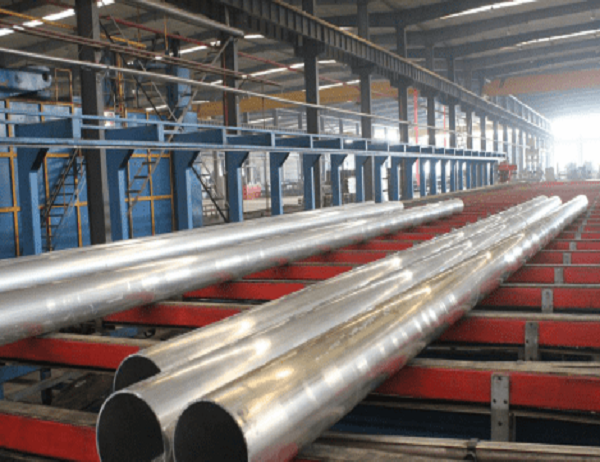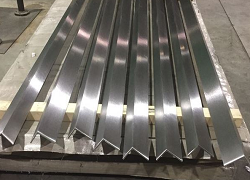In the realm of construction, formwork systems play a pivotal role in shaping the architectural landscape. Among the myriad options available, modern aluminum formwork systems have emerged as a superior choice, offering an unparalleled blend of aesthetics and functionality. This article delves into the key benefits of these systems, exploring their transformative impact on the construction industry.
Enhanced Architectural Aesthetics
Aluminum formwork systems enable architects and designers to achieve striking visual effects that elevate the overall aesthetics of a building. Their smooth, sleek surfaces create clean lines and precise angles, resulting in structures with a contemporary and sophisticated appearance. The customizable nature of aluminum allows for the creation of intricate patterns and textures, adding depth and character to facades. Moreover, the lightweight yet durable nature of aluminum makes it possible to design complex geometric forms that would be difficult to achieve with traditional formwork materials.
Superior Durability and Longevity
Aluminum formwork systems excel in terms of durability and longevity, ensuring that buildings maintain their structural integrity and aesthetic appeal for years to come. Aluminum is highly resistant to corrosion, weathering, and extreme temperatures, making it suitable for use in a wide range of environmental conditions. Unlike traditional wooden formwork, aluminum systems do not suffer from rot, warp, or crack, eliminating the need for costly repairs and replacements. This enhanced durability translates into significant lifecycle cost savings, reducing maintenance expenses over the lifetime of the building.
Cost-Effectiveness
Despite their premium quality and durability, modern aluminum formwork systems offer cost-effective solutions for construction projects. The lightweight nature of aluminum reduces transportation and handling costs, while its reusable nature eliminates the need for repeated purchases. Additionally, the ease of installation and stripping saves time and labor on-site, further reducing overall project costs. The long lifespan of aluminum formwork systems also contributes to cost-effectiveness, as they can be used multiple times without compromising their performance.
Environmental Sustainability
In an era of growing environmental concerns, aluminum formwork systems stand out for their sustainability. Aluminum is a recyclable material, making it a responsible choice for construction projects that aim to minimize their environmental impact. By using aluminum formwork systems, builders can contribute to the circular economy and reduce waste. Furthermore, the durability of aluminum eliminates the need for frequent replacements, reducing the demand for new materials and further enhancing sustainability.
Versatility and Adaptability
Modern aluminum formwork systems offer unparalleled versatility and adaptability to suit the diverse needs of construction projects. They can be easily configured to accommodate different wall thicknesses, heights, and shapes. The modular design allows for quick and efficient assembly and disassembly, making them suitable for both large-scale commercial projects and smaller residential developments. The adaptability of aluminum formwork systems enables builders to respond to changing design requirements and on-site conditions, ensuring a seamless construction process.



